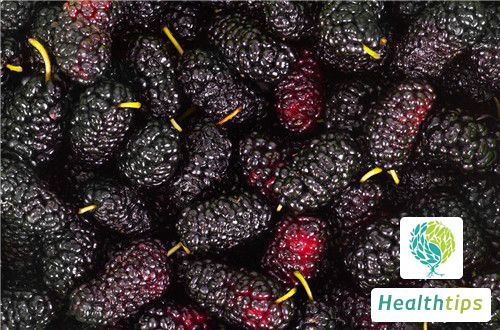Pregnant women can eat mulberries in moderation.

Mulberries are rich in nutrients such as vitamins and trace elements. Eating mulberries appropriately during pregnancy can help nourish blood, nourish yin, promote saliva production, and moisten the body. However, it should be noted that they should not be eaten in excess. Eating too many mulberries can easily irritate the gastrointestinal tract, inhibit various digestive enzymes in the intestine, and affect absorption.
1. Mulberries contain a large amount of vitamin C, trace elements, minerals, and have a sweet and pleasant taste. They have the effect of nourishing the spleen and kidneys. Eating mulberries appropriately can help promote the growth and development of the fetus and nourish the brain.
2. When eating mulberries, avoid overeating. Mulberries are cold in nature, and eating too much can cause abdominal coldness, pain, diarrhea, or gastrointestinal spasms.
3. In the late stage of pregnancy, if a pregnant woman has gestational diabetes, she should control her fruit intake and choose low-sugar fruits. She should also control the total calorie intake and monitor her blood sugar levels. For pregnant women without diabetes, various fruits can be eaten, such as kiwi, mango, lemon, apple, cherry tomato, banana, pear, kumquat, etc. However, the amount should still be controlled as fruits contain fructose, and eating too much fruit may lead to fetal obesity and increase the risk of difficult delivery. Pregnant women should eat one to two fruits daily, without any restriction on variety.

